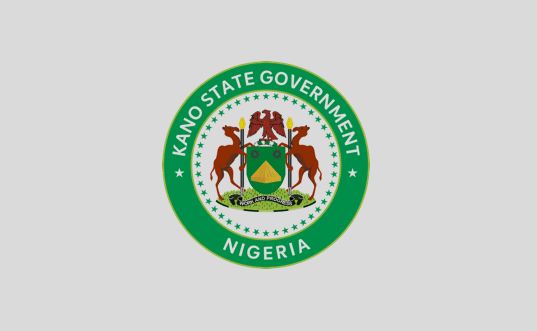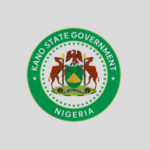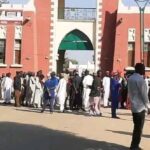The 44 local government areas of Kano State have locked horns with the state government over the latter’s decision to compel the LGAs to contribute 70% to its N27 billion worth of projects.
The governor, Abba Kabir Yusuf last week laid the foundation for a three-layer interchange bridge at the Dan Agundi junction and a clover leaf overpass bridge at the Tal’udu roundabout, both in the state metropolis.
He had said the N27 billion projects were initiated to reduce traffic congestion, ease travel, beautify the city, control pollution, and develop infrastructure. But the funding of the project has raised eyebrows in many quarters.
According to an internal memo, the flyover at the Dan’agundi Junction will cost about N16 billion and the payment is to be shared in a 30/70 ratio between the state and the 44 local governments, while the flyover at the Tal’udu Junction will cost over N11 billion making a total of over N27 billion for the two projects.
- My successors plunged Nigeria into debt burden for coming generations – Obasanjo
- Fears over new petrol price hike
The memo dated 18 December, from the Office of the Accountant General, directed the Commissioner for Local Government, who is the state’s deputy governor, Aminu Abdulsalam, to release about N16 billion for the construction of the Dan’agundi flyover.
Unsatisfied with this payment arrangement, the 44 LGAs and the Association of Local Government of Nigeria (ALGON), Kano State Chapter on December 27 approached a Federal High Court in Abuja to seek an ex-parte order to stop the state government from deducting from their funds to pay for the projects.
While the court had refused to grant the ex-parte order, it directed that the state government be put on notice to show cause why the reliefs being sought by the local governments should not be granted.
The plaintiffs had prayed the court for an order restraining the defendants/respondents from controlling, managing, further administering, disbursing, and spending the funds and allocations belonging to the 44 LGAs of Kano State in the Kano State Joint Local Account, pending the hearing and determination of the plaintiffs’ substantive suit.
The defendants/respondents in the suit are the Kano State government, the Kano State Attorney-General and Commissioner for Justice, and the state’s Accountant-General.
At the resumed hearing on Wednesday, the court gave the Kano State government a seven-day ultimatum to show cause why the ex-parte orders sought by the LGAs should not be granted.
Justice Donatus Okorowo gave the order, in a ruling, shortly after counsel for the plaintiffs and lawyers to the defendants presented their arguments for and against the application.
Justice Okorowo had, on Dec. 28, 2023, declined to grant the application seeking to bar Gov Yusuf from disbursing or spending funds and allocations belonging to the 44 LGAs but rather ordered the defendants to appear before him on Jan. 3 to show cause why the restraining orders should not be granted.
Upon resumed hearing on Wednesday, the plaintiffs’ counsel, Ibrahim Nasarawa, informed the court that the matter was adjourned for the defendants to show cause why the interim orders should not be granted.
Nasarawa said the defendants were served in line with the court order but they had failed to file their processes to show cause within the three days prescribed by the rule of the court.
But Hafeez Matanmi, who appeared for the 1st and 2nd defendants, disagreed with Nasarawa’s submission.
He told the court that he had only been briefed the previous day (Tuesday) by his clients and had filed a memorandum of conditional appearance today (Wednesday) and that he was yet to see all the plaintiffs’ processes in the matter.
Delivering the ruling, Justice Okorowo held that though records showed that the defendants were duly served with the processes on Dec. 29, 2023, he agreed with defence counsel that the three-day timeframe outlined for the defendants to respond was affected by public holidays.
The judge consequently gave the defendants seven days to show cause why the ex-parte orders should not be granted and adjourned the matter until Jan. 11 for a hearing of the matter.

 Join Daily Trust WhatsApp Community For Quick Access To News and Happenings Around You.
Join Daily Trust WhatsApp Community For Quick Access To News and Happenings Around You.


